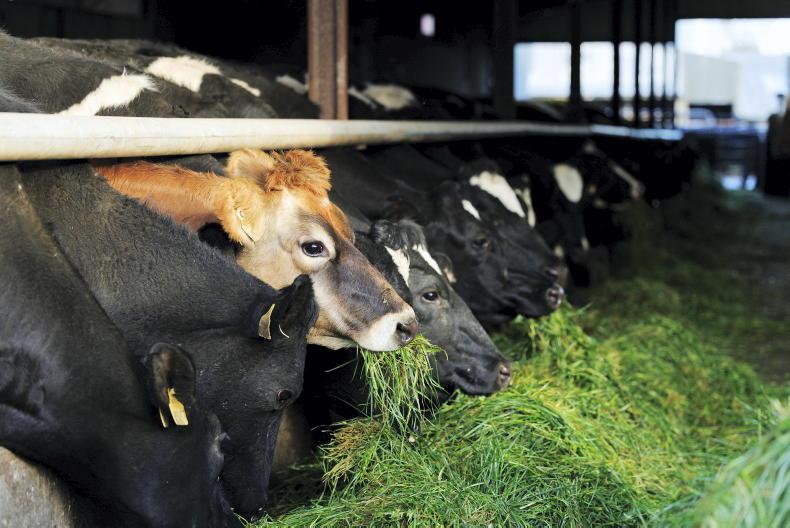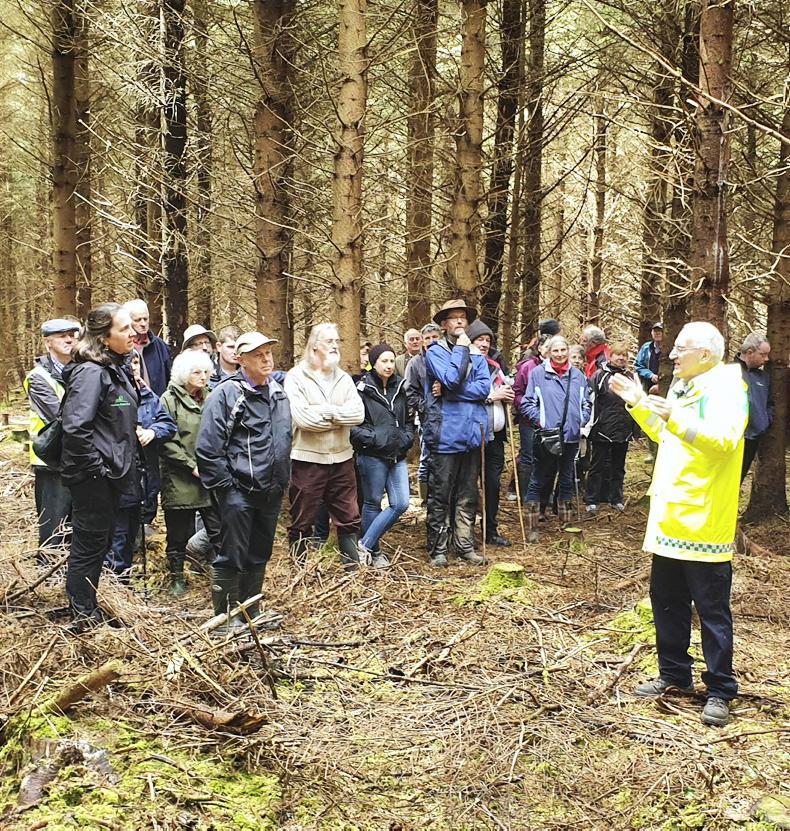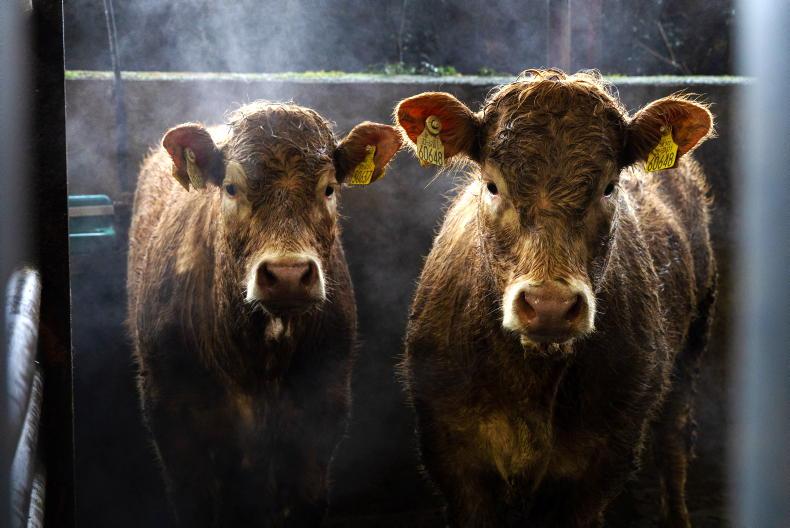Ireland’s forestry licences system is often defended by Department officials as complying with EU regulations. Now it has been revealed by the IFA’s Geraldine O’Sullivan that Ireland’s felling licence process is draconian compared with EU countries.
Felling licences are not required in Sweden, Germany and France. In the Walloon region of Belgium, no felling licence is required for thinning or clearfells less than 3ha for hardwoods and 5ha for softwoods. While felling licences can take up to three years to obtain in Ireland, Belgian authorities ensure permits are granted in 30 days in Wallonia and 60 days in Flanders.
Ireland’s public consultation, which is subject to appeals, contrasts with Belgium, France and Sweden where there is no public consultation, while in Germany the public can ask the authorities to review the legality and regularity of logging operations.
As Donal Magner points out, Ireland’s licence system allows little opportunity for forestry companies, timber processors, contractors and others who depend on the forest to plan their enterprises. It also places Ireland’s forestry industry at a competitive disadvantage.
O’Sullivan deserves credit for highlighting Ireland’s unworkable system. She believes that the Department needs to heed the recent call by IFA president Tim Cullinan to amend the Forestry Act so that “good management practices including forest road construction and thinning operations” should not require a licence.

\ Jim Coogan
Flawed process hurting farm families
While the intervention by An Taoiseach Micheál Martin in the ongoing objection to the planned Glanbia cheese plant is welcome, it needs to be followed up with action.
As Colm McCarthy details, the current planning process is not fit for purpose and is being exploited by An Taisce. The Glanbia application has gone through all the rigours of the Irish planning process yet An Taisce continues to thwart the development by tactically delaying the planning application. In doing so, it is piling financial and emotional stress on to families that made significant financial investments to grow their businesses in line with Government policy and are committed to addressing environmental challenges.
Government cannot now abandoned these families by allowing an almost entirely State-funded organisation undermine their livelihoods. In the event that leave is granted to appeal, the process must be fast-tracked to ensure that plant can be commissioned ahead of peak milk in 2024.
Ireland’s forestry licences system is often defended by Department officials as complying with EU regulations. Now it has been revealed by the IFA’s Geraldine O’Sullivan that Ireland’s felling licence process is draconian compared with EU countries.
Felling licences are not required in Sweden, Germany and France. In the Walloon region of Belgium, no felling licence is required for thinning or clearfells less than 3ha for hardwoods and 5ha for softwoods. While felling licences can take up to three years to obtain in Ireland, Belgian authorities ensure permits are granted in 30 days in Wallonia and 60 days in Flanders.
Ireland’s public consultation, which is subject to appeals, contrasts with Belgium, France and Sweden where there is no public consultation, while in Germany the public can ask the authorities to review the legality and regularity of logging operations.
As Donal Magner points out, Ireland’s licence system allows little opportunity for forestry companies, timber processors, contractors and others who depend on the forest to plan their enterprises. It also places Ireland’s forestry industry at a competitive disadvantage.
O’Sullivan deserves credit for highlighting Ireland’s unworkable system. She believes that the Department needs to heed the recent call by IFA president Tim Cullinan to amend the Forestry Act so that “good management practices including forest road construction and thinning operations” should not require a licence.

\ Jim Coogan
Flawed process hurting farm families
While the intervention by An Taoiseach Micheál Martin in the ongoing objection to the planned Glanbia cheese plant is welcome, it needs to be followed up with action.
As Colm McCarthy details, the current planning process is not fit for purpose and is being exploited by An Taisce. The Glanbia application has gone through all the rigours of the Irish planning process yet An Taisce continues to thwart the development by tactically delaying the planning application. In doing so, it is piling financial and emotional stress on to families that made significant financial investments to grow their businesses in line with Government policy and are committed to addressing environmental challenges.
Government cannot now abandoned these families by allowing an almost entirely State-funded organisation undermine their livelihoods. In the event that leave is granted to appeal, the process must be fast-tracked to ensure that plant can be commissioned ahead of peak milk in 2024.










SHARING OPTIONS